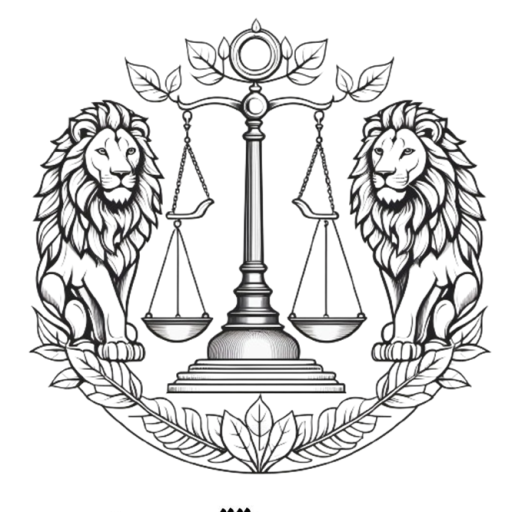Amirali R. Davoudpour
Iranian Canon of Medicine and Law, Administrative Wing of Law and Healing Association, Iranian Watchdog of Medicine and Law, Tehran-Iran
Email of the corresponding author: davoudpour@canmedlaw.org
Accepted and published August, 2024, DOI: https://doi.org/10.5281/zenodo.13294197
This article is published under CC BY creative common license that Allows others to distribute, remix, adapt, and build upon the work, even commercially, as long as they credit the original creator.
Abstract
The concept of the “superhuman” has evolved through philosophical, literary, and popular culture lenses, finding its most dramatic representations in the works of Friedrich Nietzsche and contemporary thinker Yuval Noah Harari. This paper explores the juxtaposition of Nietzsche’s Übermensch and Harari’s god-like future humans against the backdrop of cinematic heroes in Bollywood and Holly wood and the non-violent, moral figure of Mahatma Gandhi. The article delves into how these varied representations of superhumanity reflect different cultural and ethical values, particularly in the context of contemporary Indian politics and global conflicts such as the Israeli-Palestinian situation.
Keywords: Gandhi, Übermensch, Harrari, Nietschze, Homo Deus
